- Age groups
- Ages 9 to 12
- Ages 12 to 15
- Topics
- Type of material
- Activity book
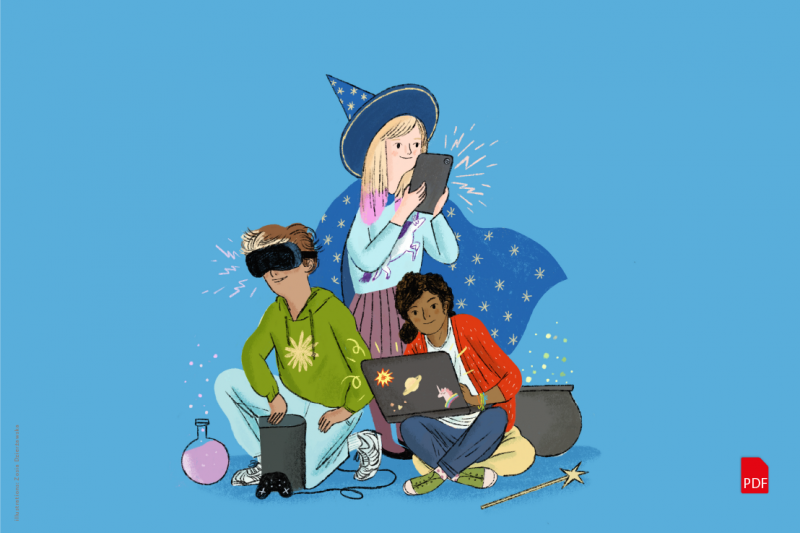
Jump into the wonderful and peculiar world of the internet with this guide on how it works, the magic of programming, and how to freely roam this landscape in a safe and secure way. Learn how to think critically about strangers you meet online, scams, fake news and claims by internet personalities. Be inspired by stories about the lives and work of a security expert and a game designer. And along the way, you can polish up your internet skills by taking on a series of fun challenges
On the same topic

These guidelines are designed to help educators understand the potential that the applications of AI and data usage can have in education and to raise awareness of the possible risks.

Free resources in 29 languages to help teachers introduce coding and computational thinking to students of all ages. These fun activities will help de...
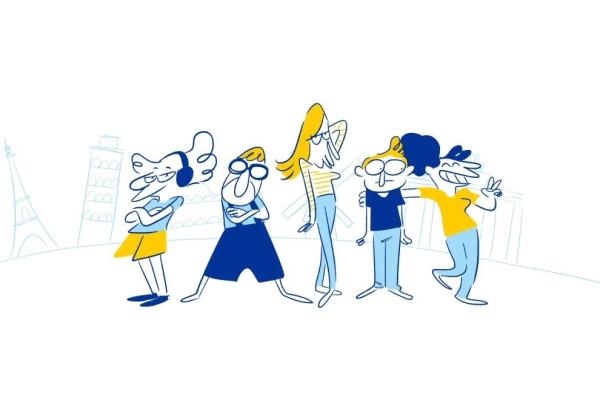
Meet Helena, Klaus, Kasia, Enzo and Marion – our “DIGITAL EXPLORERS” on a fieldtrip across Europe to see how digitalisation is coming along.

Retailers must give shoppers the same access to goods and services wherever they are in the EU. Failing to do this is called 'geo-blocking' and is bei...
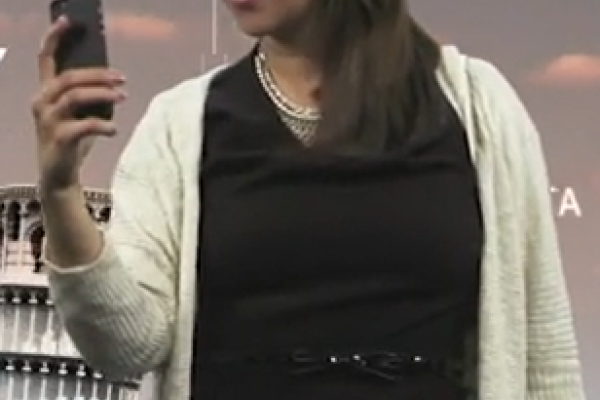
Since 2017, EU citizens travelling to another Member State no longer have to pay roaming charges for calling, texting and surfing on their mobiles.
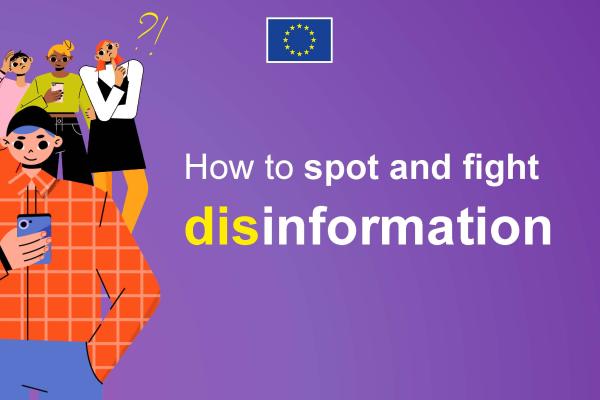
In a misinformation-laden world, nurturing critical assessment skills is crucial. This toolkit equips educators to cultivate inquisitive minds for the digital era.

IdeasPowered@School provides a variety of ready-to-use educational materials in all EU languages on intellectual property for teachers and students of all ages and levels.
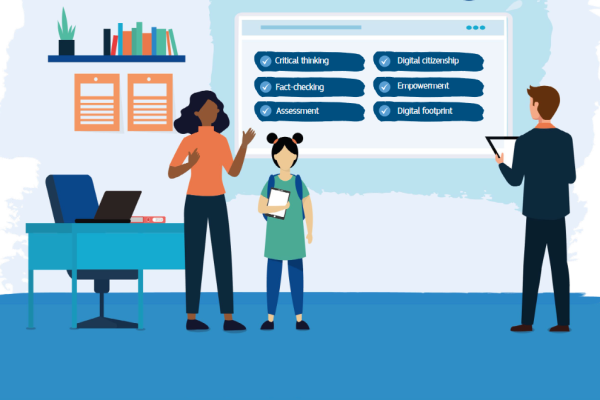
The Guidelines bring together pedagogy and practice in one easy-to-use format: How do we get young people excited about fact-checking and critical thinking? What are the technical dimensions of disinformation? How can we identify deep fakes?
